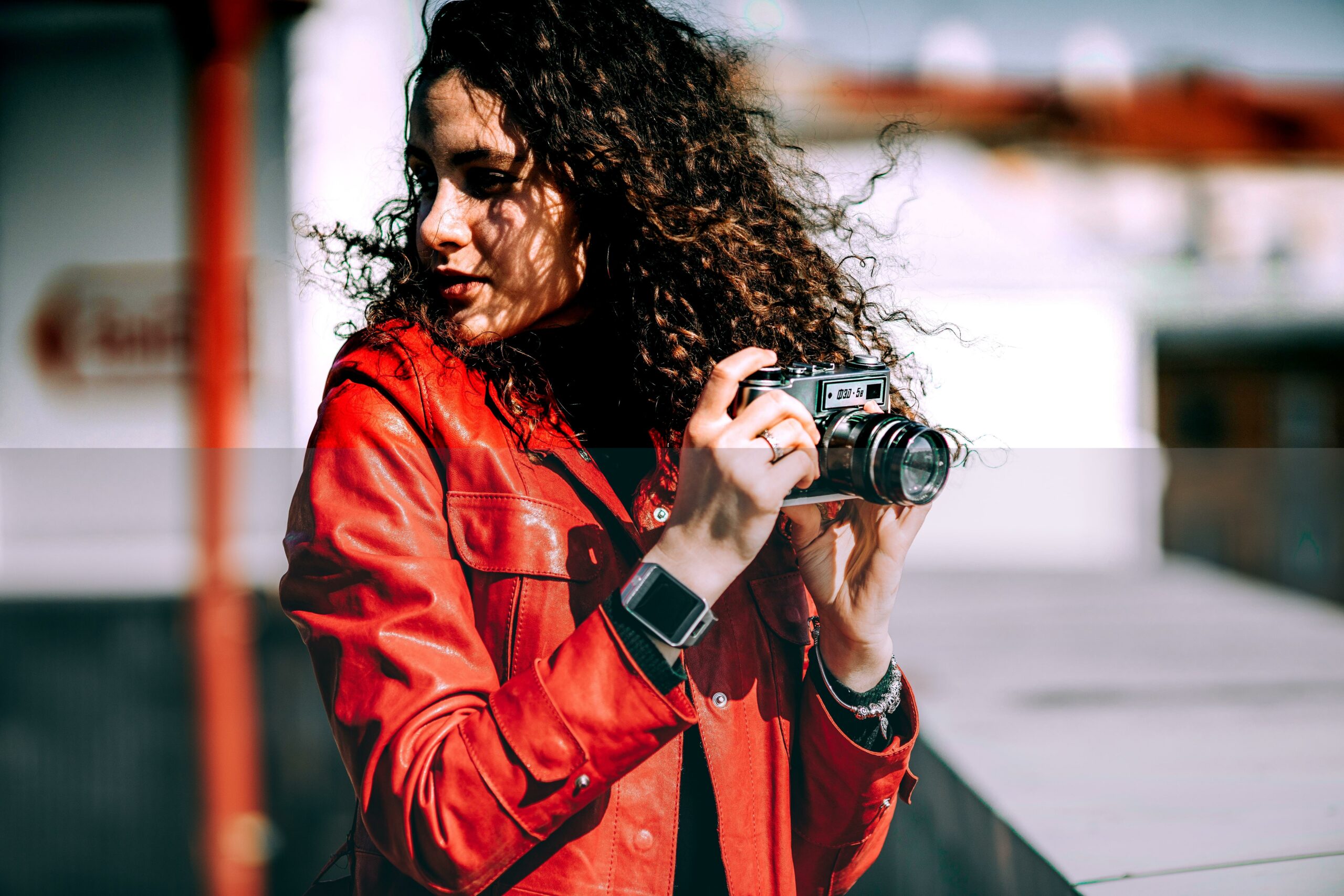Are you ready to dive into the fascinating world of curly hair and its profound impact on one’s psychological well-being? In this article, we will unravel the intricate web of psychological factors that intertwine with curly hair, exploring how it can shape our perception of self, influence societal pressures, and ultimately pave the path to self-acceptance and empowerment. As a seasoned writer with a deep understanding of how psychological factors intertwine with various aspects of life, I will be your guide on this enlightening journey. So, fasten your seatbelts and get ready to explore the captivating relationship between curly hair and our mental well-being.
Curly Hair and Psychological Factors
Curly hair holds a fascinating power over one’s self-esteem and overall mental well-being. The impact of society’s perception of curly hair is undeniable and often detrimental. As a person with curly hair, you may have encountered the societal pressure to conform and straighten or relax your natural curls. This pressure can create a profound psychological impact, leading to feelings of self-doubt and a distorted perception of one’s worth. But fear not, for there is a growing movement that encourages individuals to embrace their curls and reclaim their power.
Societal Pressure and Self-Image
For years, women with curly hair have been bombarded with the message that straight hair is the standard of beauty. This unrelenting pressure to conform can have a profound effect on self-esteem and self-image. The constant messages from media, advertising, and even well-intentioned friends and family can leave you questioning your own worth and desiring to look like something you are not. This pressure stems from society’s beauty ideals that prioritize straight hair, perpetuating the idea that curly hair is unruly or unprofessional.
“It’s time to challenge these societal norms and embrace the uniqueness of our curly hair.”
The Stigma Faced by Black Women
The stigma faced by black women who choose to wear their hair naturally adds another layer of complexity to the discussion of curly hair and its impact. Often, black women with natural curls face discrimination and judgment in the workplace and other social settings. The pressure to conform to Eurocentric beauty standards by straightening their hair can take a significant toll on their mental well-being. However, it is important to recognize that natural hair should be celebrated and cherished, not stigmatized.
“We must dismantle the prejudice surrounding natural hair and work towards a more inclusive and accepting society.”
Social Media as a Platform for Empowerment
In recent years, social media has become a powerful tool for creating a community of individuals who are embracing their curly hair. Through platforms such as Instagram, Twitter, and YouTube, people with curly hair can find inspiration, tips, and encouragement. These platforms have played a significant role in forming a sense of belonging and providing a safe space for discussions about curly hair experiences. They empower individuals to love and care for their unique curls, leading to a positive shift in self-perception and self-worth.
“Curly hair communities on social media provide a source of support and inspiration, fostering self-acceptance and empowerment.”
The Curly Hair Movement and Changing Attitudes
The curly hair movement has transformed attitudes towards curly and natural hair. It promotes the idea that there is beauty and power in embracing one’s natural curls. This movement encourages individuals to explore their unique hair textures and celebrate their individuality. By rejecting societal pressures and instead valuing their own authenticity, people are experiencing a psychological shift. Embracing one’s natural curls fosters self-acceptance, boosts self-esteem, and empowers individuals to embrace their true selves.
“The curly hair movement invites us to unapologetically embrace our curls, rewriting the narrative about beauty and encouraging self-love.”
In conclusion, the impact of curly hair on one’s psychological well-being is a complex and nuanced topic. Societal pressure, stigma, and self-image all contribute to the psychological factors at play. However, by challenging societal norms, building supportive communities, and embracing the curly hair movement, individuals can foster self-acceptance, boost their self-esteem, and empower themselves to embrace the beauty of their natural curls.
“Let us celebrate the diversity of our curly hair, and in doing so, find the strength and confidence to be our authentic selves.”
Psychology is a fascinating field that uncovers intriguing facts about various aspects of human behavior. If you’ve ever wondered about the psychology behind curly hair, prepare to be amazed. Research has revealed numerous psychology facts about curly hair, shedding light on the perceptions and stereotypes associated with this natural hair type.
For an in-depth exploration of these captivating psychology facts about curly hair, click on this Psychology Facts About Curly Hair link. Discover how curly hair influences first impressions, attractiveness, and even perceptions of intelligence. Unravel the complex relationship between curly hair and self-esteem, and gain a deeper understanding of the psychology behind societal beauty standards.
Feed your curiosity and delve into the world of psychology by exploring these mind-blowing facts about curly hair. Unlock the secrets behind the psychology of curls and broaden your horizons. Click on the link above and embark on an enlightening journey of self-discovery and hair psychology.
Remember to always celebrate diversity and embrace the unique characteristics that make us who we are. By understanding the psychology behind curly hair, we can break stereotypes and foster a more inclusive society. Start your exploration now and unlock the hidden psychology behind our beloved curly locks.
FAQ
Question 1: What societal pressures do women with curly hair often face?
Answer: Women with curly hair often face societal pressures to straighten or relax their hair. The dominant beauty standards in many societies tend to prioritize straight hair, leading to a stigma against natural curls.
Question 2: How do black women face stigma for wearing their hair naturally?
Answer: Black women, in particular, face stigma for wearing their hair naturally due to deeply ingrained racial biases. Natural hair, including curly, coiled, or textured hair, has historically been seen as unprofessional or unkempt, leading to discrimination and marginalization.
Question 3: How does social media create a community for learning and embracing curly hair?
Answer: Social media platforms have played a crucial role in creating a community for learning and embracing curly hair. Through hashtags, online forums, and dedicated pages, individuals with curly hair can share their stories, techniques, and support each other in their journey towards self-acceptance and empowerment.
Question 4: What is the curly hair movement and how has it impacted attitudes towards curly and natural hair?
Answer: The curly hair movement is a social and cultural movement that celebrates and promotes the acceptance of curly and natural hair textures. It has played a significant role in challenging beauty standards and encouraging individuals to embrace their natural curls, leading to a shift in attitudes towards curly and natural hair as being beautiful and empowering.
Question 5: How does accepting and appreciating curly hair lead to a psychological shift for those embracing their curls?
Answer: Accepting and appreciating curly hair can lead to a psychological shift for those embracing their curls. It can improve self-esteem, foster a sense of identity and authenticity, and promote self-acceptance. Embracing curly hair can also help individuals challenge societal norms, break free from conformity, and empower themselves to define their own standards of beauty.









